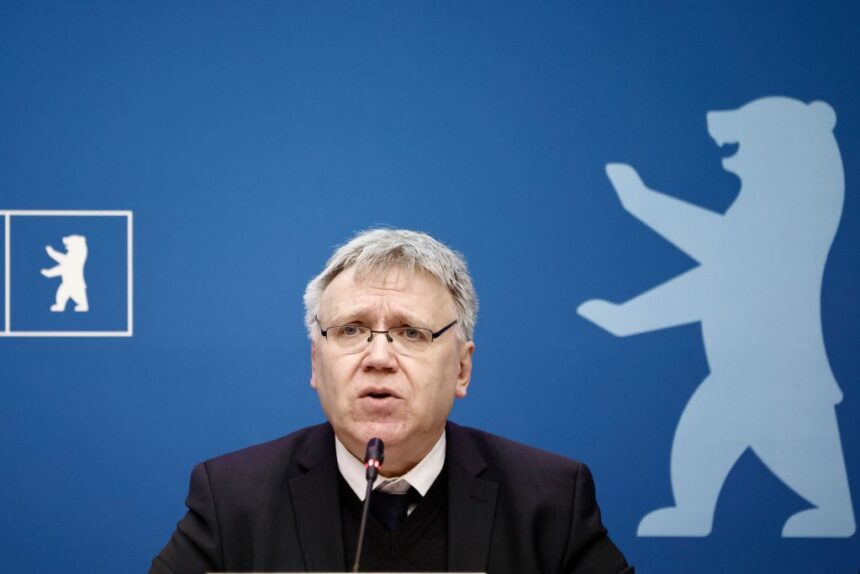By Stefan Kruse, dpa I Monday, November 11, 2024
BERLIN – Berlin’s top electoral official has warned against setting the date for the new election to the lower house of parliament, the Bundestag, too early.
“If we want to maintain the high quality standards that we have at both federal and state levels, I advise against an election date in January,” Stephan Bröchler told dpa.
The official advised approaching the election with caution, adding that politicians should listen to experts and not succumb “to immediacy when setting the election date.”
“It is about ensuring the quality of democratic elections in Germany. This is a highly valued asset, and I do not wish for the election to have to be repeated in the end.”
Berliners are well aware of this, as the city’s elections in 2021 were a fiasco and had to be repeated in part.
Bröchler said that if politicians decided that the elections should take place in January, his office would of course comply.
“But we must be aware that it endangers the quality of democratic elections,” added Bröchler, who took office after the severe electoral mishaps from three years ago and has since organized two repeat elections.
Election officials to deliberate
Election officials from the federal and state level plan to discuss the preparation of the anticipated Bundestag election this Monday at 1 pm (1200 GMT).
Federal election official Ruth Brand has warned German Chancellor Olaf Scholz in a letter about “unpredictable risks” arising from shorter deadlines and highlighted logistical challenges.
Bröchler explained that organizing elections in Germany, a federation, is more complex than in centralized states like France. A lot needs to be coordinated and discussed between the federal and state levels.
Setting an election date that is too early and possibly involves campaigning over Christmas poses numerous problems, such as finding spaces for polling stations, recruiting and training election workers, acquiring paper, printing and mailing election materials, he said.
Political wrangling over election date.
After Germany centre-left ruling coalition collapsed on November 6, Scholz announced that he would pose the vote of confidence in the Bundestag, or parliament, on January 15. This would result in a potential election in March.
However, Scholz’s chief rival, conservative Friedrich Merz from the Christian Democratic Union party – and other parties – are pushing for a quicker vote of confidence. Merz has suggested Wednesday, when Scholz is expected to deliver a speech about the government.
Should Scholz move the confidence vote up and should it fail, as expected, then the new election would occur in January or early February. On Sunday, Scholz said he could imagine calling for the confidence vote before Christmas.
